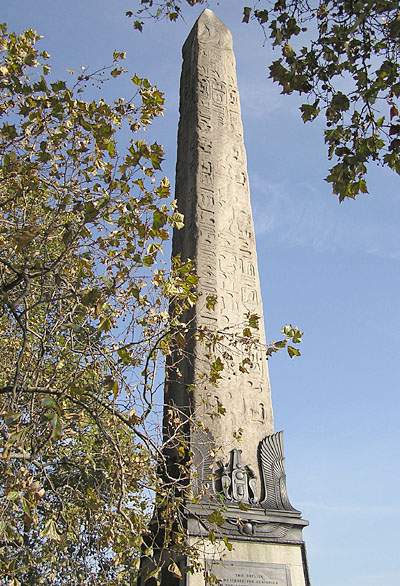17 Feb. Joseph interprets the dreams of Pharaoh’s officers
“After these things happened, two of the king’s officers displeased the king… The king became angry with his officer who served him wine and his baker, so he put them in the prison of the captain of the guard, the same prison where Joseph was kept.”
“The captain of the guard put the two prisoners in Joseph’s care, and they stayed in prison for some time.”
“One night both the king’s officer who served him wine and the baker had a dream… When Joseph came to them the next morning, he saw they were worried. He asked the king’s officers who were with him, ‘Why do you look so unhappy today?’”
“The two men answered, ‘We both had dreams last night, but no one can explain their meaning to us.’ Joseph said to them, ‘God is the only one who can explain the meaning of dreams. Tell me your dreams.’”
“So the man who served wine to the king told Joseph his dream. He said, ‘I dreamed I saw a vine, and on the vine were three branches. I watched the branches bud and blossom, and then the grapes ripened. I was holding the king’s cup, so I took the grapes and squeezed the juice into the cup. Then I gave it to the king.’”
“Then Joseph said, ‘I will explain the dream to you. The three branches stand for three days. Before the end of three days the king will free you, and he will allow you to return to your work... But when you are free, remember me. Be kind to me, and tell the king about me so I can get out of this prison. I was taken by force from the land of the Hebrews, and I have done nothing here to deserve being put in prison.’”
“The baker saw that Joseph’s explanation of the dream was good, so he said to him, ‘I also had a dream. I dreamed there were three bread baskets on my head. In the top basket were all kinds of baked food for the king, but the birds were eating this food out of the basket on my head.’”
“Joseph answered, ‘I will tell you what the dream means. The three baskets stand for three days. Before the end of three days, the king will cut off your head! He will hang your body on a pole, and the birds will eat your flesh.’”
“Three days later, on his birthday, the king gave a feast for all his officers. In front of his officers, he released from prison the chief officer who served his wine and the chief baker. The king gave his chief officer who served wine his old position… But the king hanged the baker on a pole.”
“Everything happened just as Joseph had said it would, but the officer who served wine did not remember Joseph. He forgot all about him.”
(Genesis 40:1-23)

After being in detention for eleven years, Joseph successfully interpreted the dreams of Pharaoh’s cupbearer and his chief baker. The chief wine steward was restored to his position of great trust (he had to taste the king’s wine to ensure it had not been poisoned), but the chief baker was executed on the king’s orders.
Joseph asked the wine steward to remember him and to bring the case of his unjust imprisonment to the attention of the king; but the steward quickly forgot his encounter with Joseph – at least for the time being.
In Joseph’s day, dreams were always thought to be messages from the gods – of which there were many in Egypt. The chief of these gods was the sun god Atum. In Joseph’s day, the centre of sun worship in Lower Egypt was the Temple of Atum at On. Little remains at the site of On, now in the northern Cairo suburb of Al Matariyyah.
However, evidence from On’s past can be found, surprisingly, in London and in New York. The Egyptian obelisk commonly called ‘Cleopatra’s Needle’ on the Embankment in London, and its twin in Central Park, New York, have nothing to do with Cleopatra. In fact, these two obelisks were originally erected at On (Heliopolis) by Pharaoh Tuthmosis III (c.1504–1450BC). They were moved to Alexandria by the Romans shortly before the beginning of the Christian era, and finally left Egypt nineteen centuries later during the rule of Khedive Ismail the Magnificent (1863–1879AD).
When Joseph interpreted the dreams of the Pharaoh’s wine steward and baker, he would have been careful to explain that the god who gave him the power to interpret dreams was not an Egyptian god, but the God of the Hebrews, the God of Abraham, Isaac and his father Jacob.
The photo (by Adrian Pingstone) shows the obelisk known as ‘Cleopatra’s Needle’ on the Thames Embankment in London.
You can read more about Joseph @ https://www.thebiblejourney.org/biblejourney2/24-the-journeys-of-isaac-jacob-joseph/joseph-becomes-vizier-of-egypt
